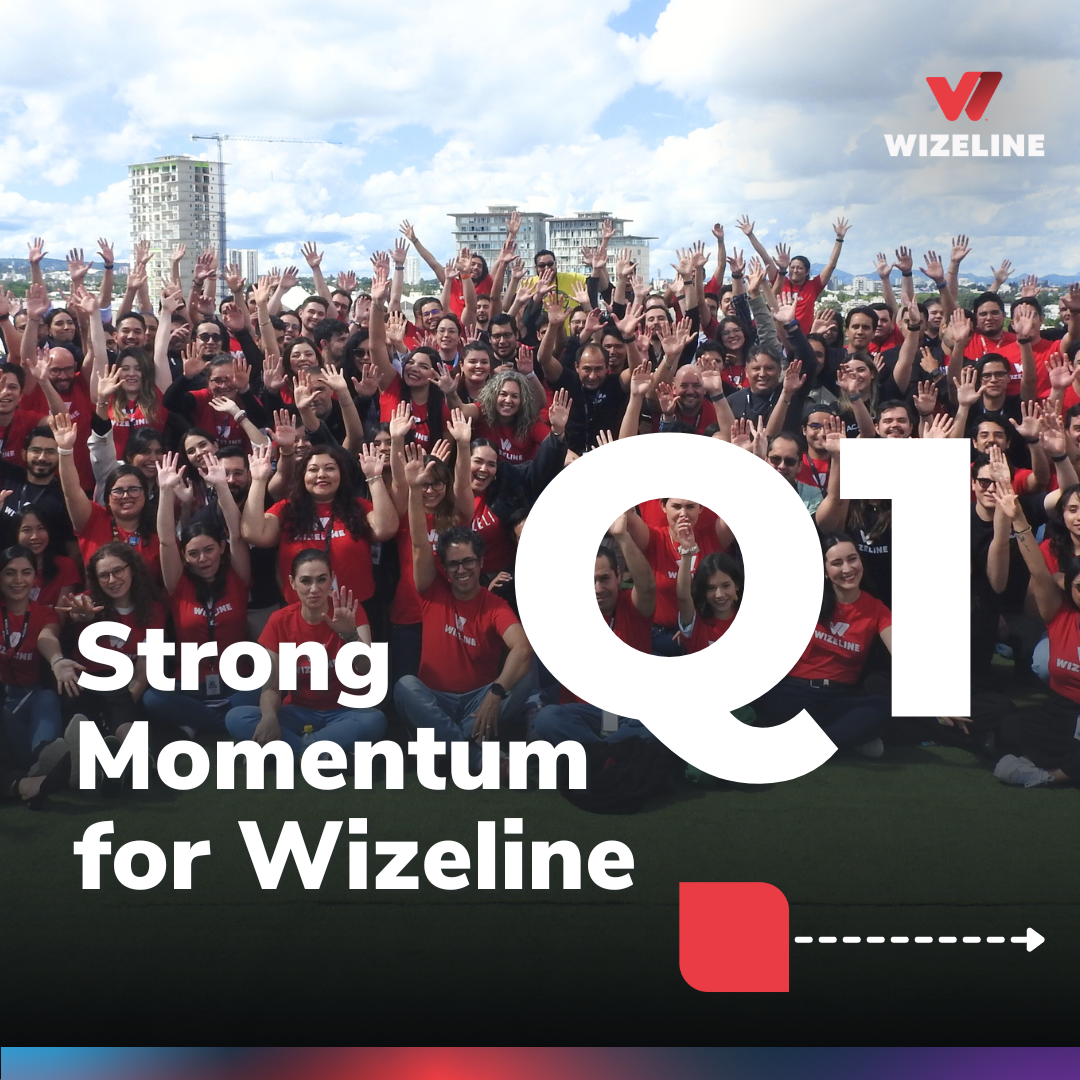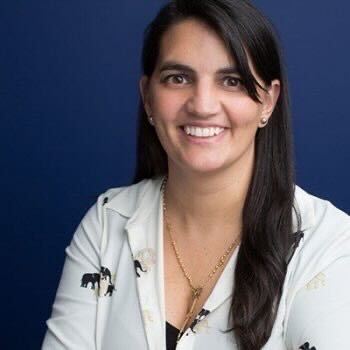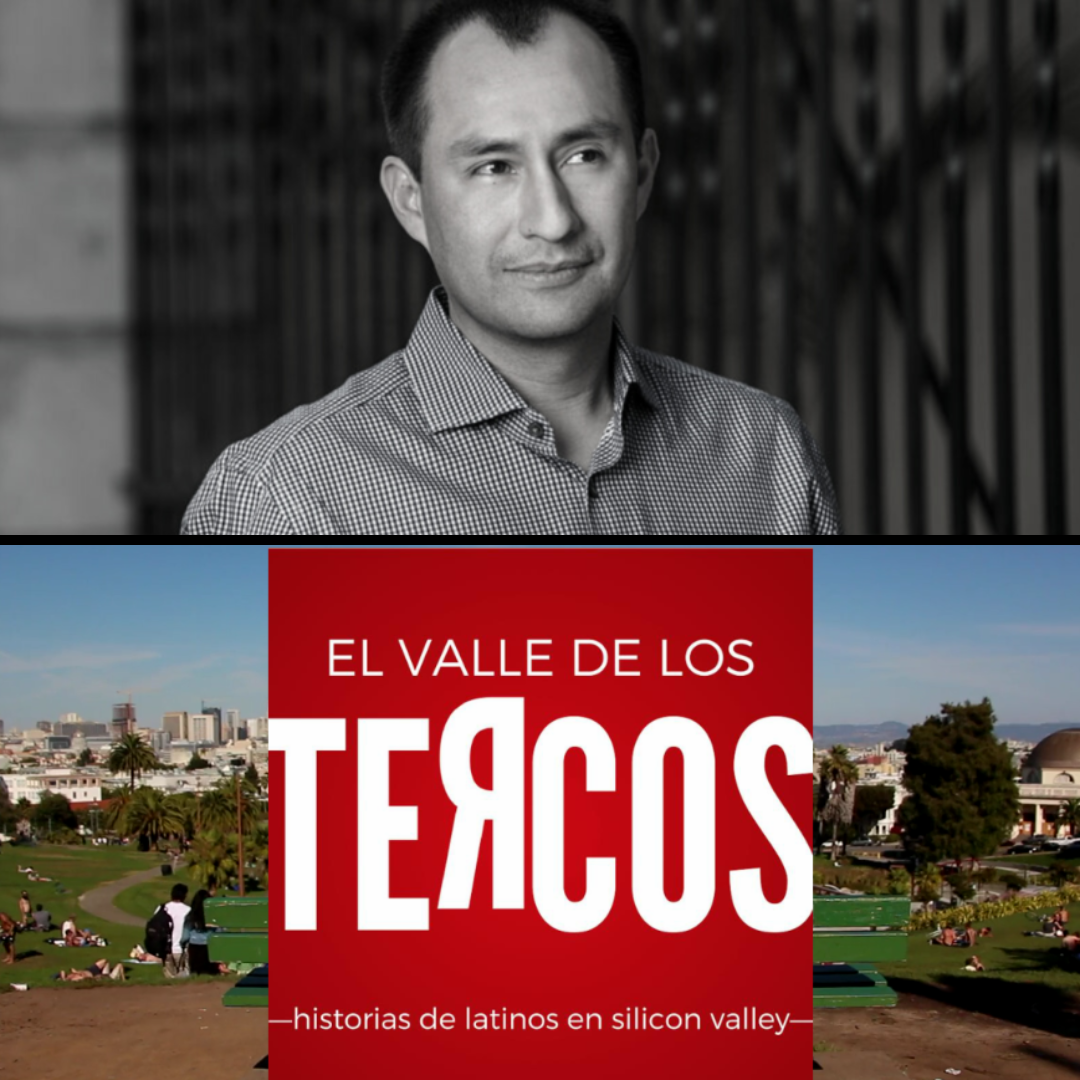Wizeline and Tec de Monterrey will open an AI Lab in Guadalajara
Wizeline, in collaboration with Tecnológico de Monterrey, is launching an Artificial Intelligence (AI) laboratory in Guadalajara, Mexico. This initiative is supported by a one million dollar scholarship donation from Wizeline, aiming to enhance the adoption and understanding of AI technology. The relevance of AI in everyday life is increasingly apparent, as evidenced by a survey revealing that over half of Mexican internet users have interacted with an AI application in the last year.
Bismarck Lepe, CEO of Wizeline, believes AI’s societal impact could rival that of electricity’s introduction in 1879. This comparison underscores AI’s transformative potential. The AI laboratory will focus on developing human talent and strengthening Guadalajara’s position as a technological hub. The initiative draws inspiration from the post-World War II era, which saw significant investment in Stanford University, eventually leading to the rise of Silicon Valley.
Mexico’s standing in the global AI landscape is currently modest. It ranks fifth in AI adoption in Latin America, behind Colombia, Peru, Argentina, and Brazil. This ranking highlights the urgency for Mexico to enhance its AI capabilities. Despite a significant 43% increase in AI adoption across Latin America during the pandemic, there’s still a substantial opportunity for growth in this field.
The impact of AI on organizations is also noteworthy. A McKinsey survey indicates that 40% of organizations are planning to increase their AI investments, influenced by technological advancements from leading companies such as Google, OpenAI, and Microsoft. The survey further reveals that 79% of respondents have encountered AI in some capacity, with 22% using it regularly in their professional activities.
The establishment of the AI laboratory by Wizeline and Tecnológico de Monterrey marks a crucial step towards closing Mexico’s AI adoption gap and establishing the country as a prominent player in the AI domain.
This text is an abstract of the original article published in Spanish at Expansión
Other Articles

Wizeline Introduces AI.R+ Report: A Deep Dive into Responsible AI-Powered Software Engineering
Read more >>
Wizeline Unveils AI.R+: The Next Generation of Tech Services Powered by Generative AI
Read more >>
Wizeline and HumanThriving.ai Partner to Empower Businesses to Ride the AI Wave with Confidence
Read more >>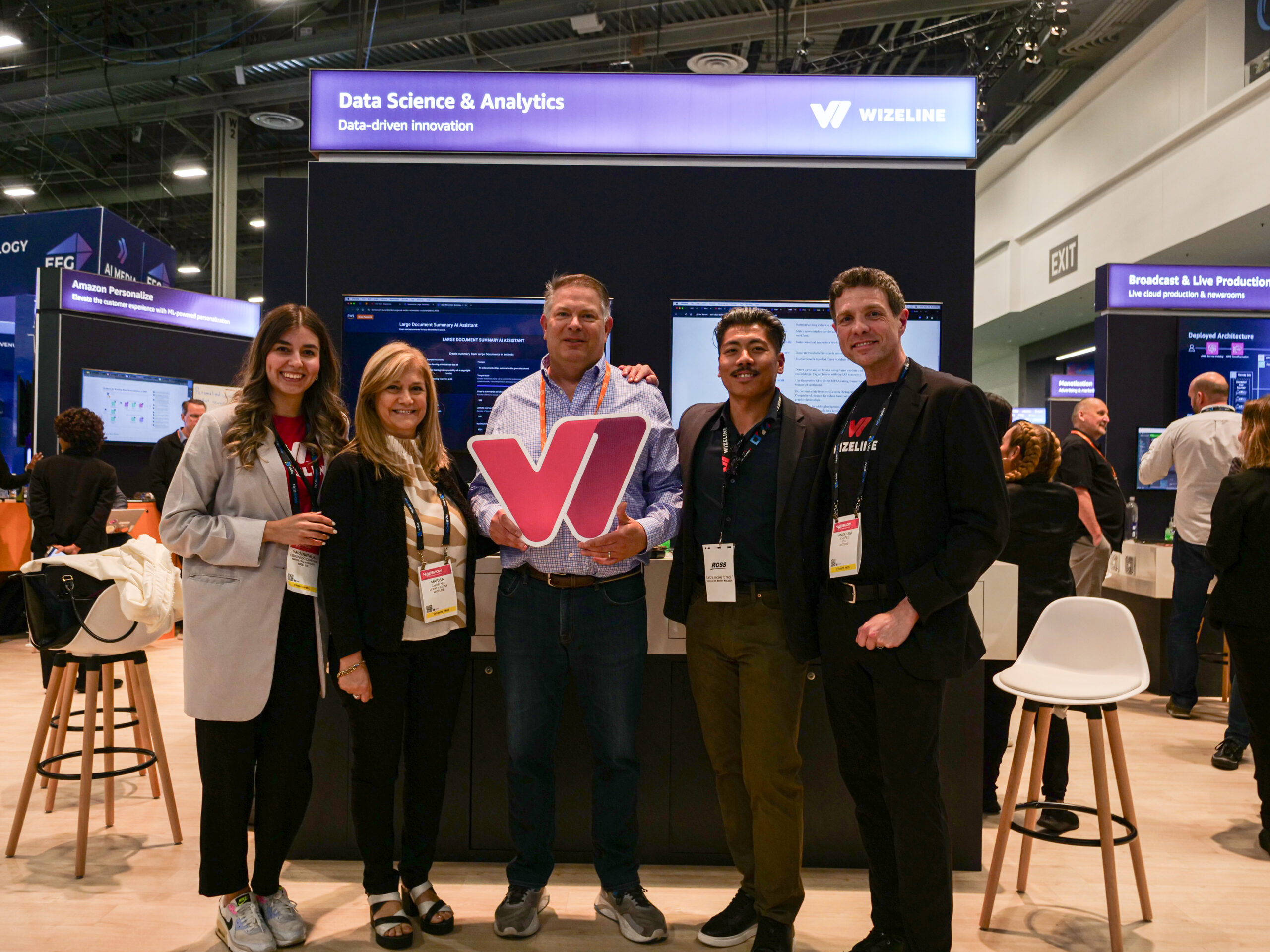
Wizeline Showcases Generative AI-powered Live News Segmenter at NAB Show 2024 with AWS
Read more >>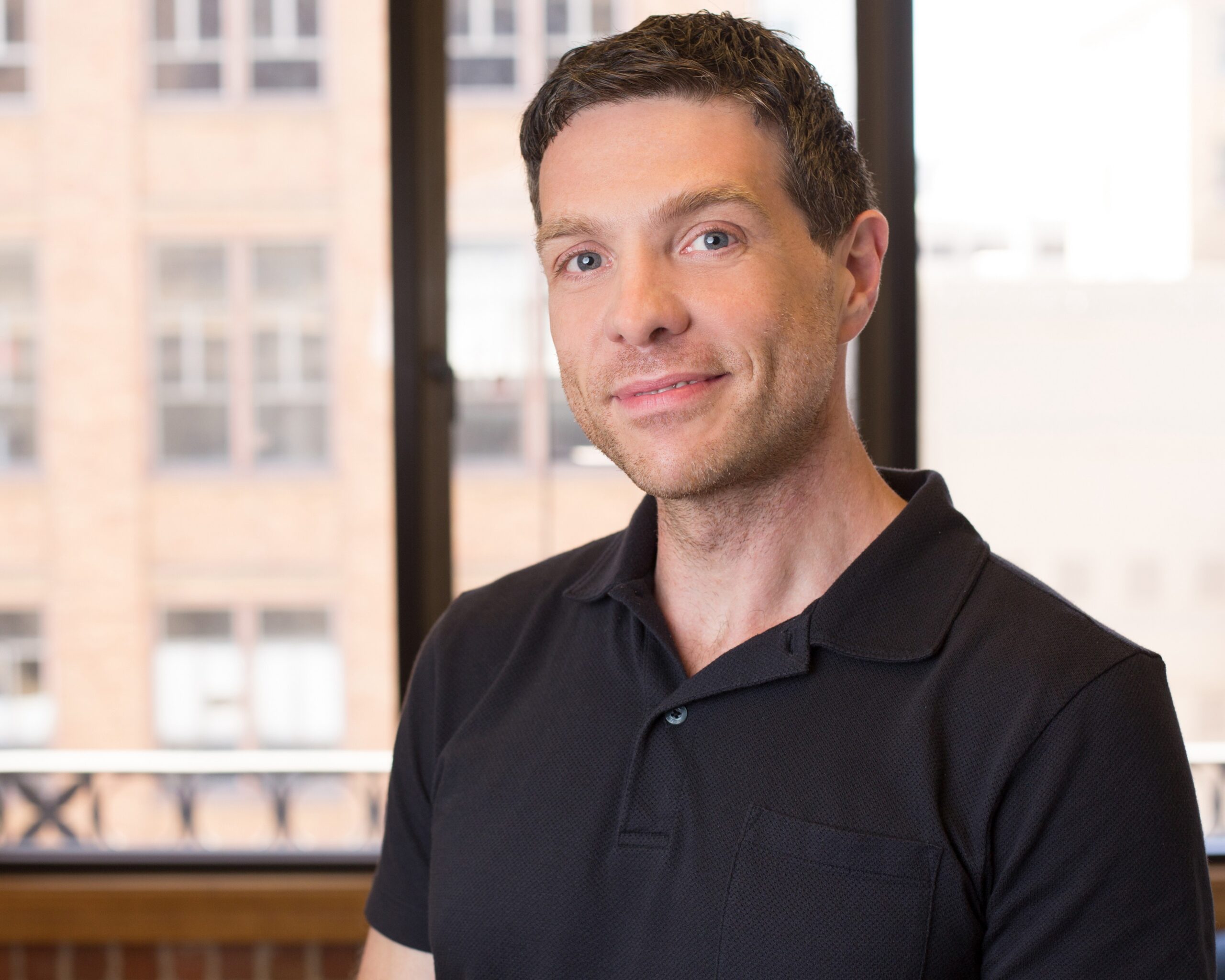
Wizeline Strengthens Leadership Team with Appointment of Andres Angelani to Chief Executive Officer; Founder Bismarck Lepe Becomes Executive Chairman
Read more >>